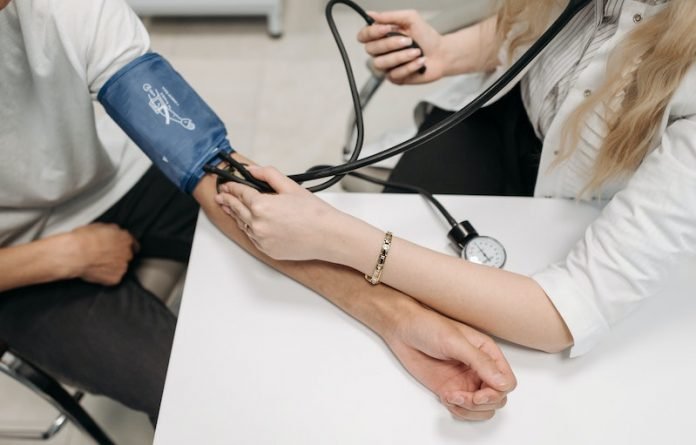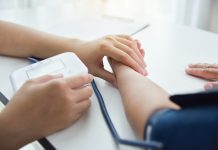
In a study from Beth Israel Deaconess Medical Center, scientists found fewer than 30% of older adults who need more intensive treatment for high blood pressure actually get it. And the problem may be worsening.
Nearly half of U.S. adults – about 116 million people – have high blood pressure, also known as hypertension.
When not properly controlled, it can lead to serious health problems, including heart attack, stroke and kidney disease.
Common in older adults, high blood pressure is a leading cause of preventable death and an under-recognized contributor to premature disability.
Since 2017, high blood pressure has been defined by those organizations as a reading of 130 mmHg and higher for systolic blood pressure, the “top” number of readings, or 80 and higher for the diastolic measurement, or the “bottom” number. The old definition was 140/90 and higher.
In the current study, researchers looked at a decade of national data from a sampling of adults 60 and older who visited their primary care provider and previously had been diagnosed with high blood pressure.
Based on office blood pressure measurements, treatment intensification was warranted in as many as 7,404 primary care visits captured in the data from 2008 to 2018, representative of up to 293 million visits nationally.
Appropriate intensification of medicine over the study period never exceeded 27.5%.
That was according to the most liberal measure, the all-inclusive yardstick, for patients who hadn’t previously been taking drugs for high blood pressure.
By that same measure, just 15.3% of patients already on hypertension drugs had appropriate intensification.
Under all three of the published sets of targets, the percentage of patients receiving appropriate treatment intensification declined over the study period.
Most dramatically, under ACP/AAFP targets, appropriate treatment intensification decreased from nearly 25% of patients in 2008-2009 to about 15% in 2015-2018.
The researchers called for professional societies to use more uniform blood pressure targets.
If you care about blood pressure, please read studies about a new cause of high blood pressure, and many people with high blood pressure may take a drug that actually makes it worse.
For more information about blood pressure, please see recent studies about diet that could lower risks of diabetes and high blood pressure, and results showing this exercise could boost blood vessel health, improve blood pressure.
The study was conducted by Dr. Nicholas Chiu et al and published in Hypertension.
Copyright © 2022 Knowridge Science Report. All rights reserved.



